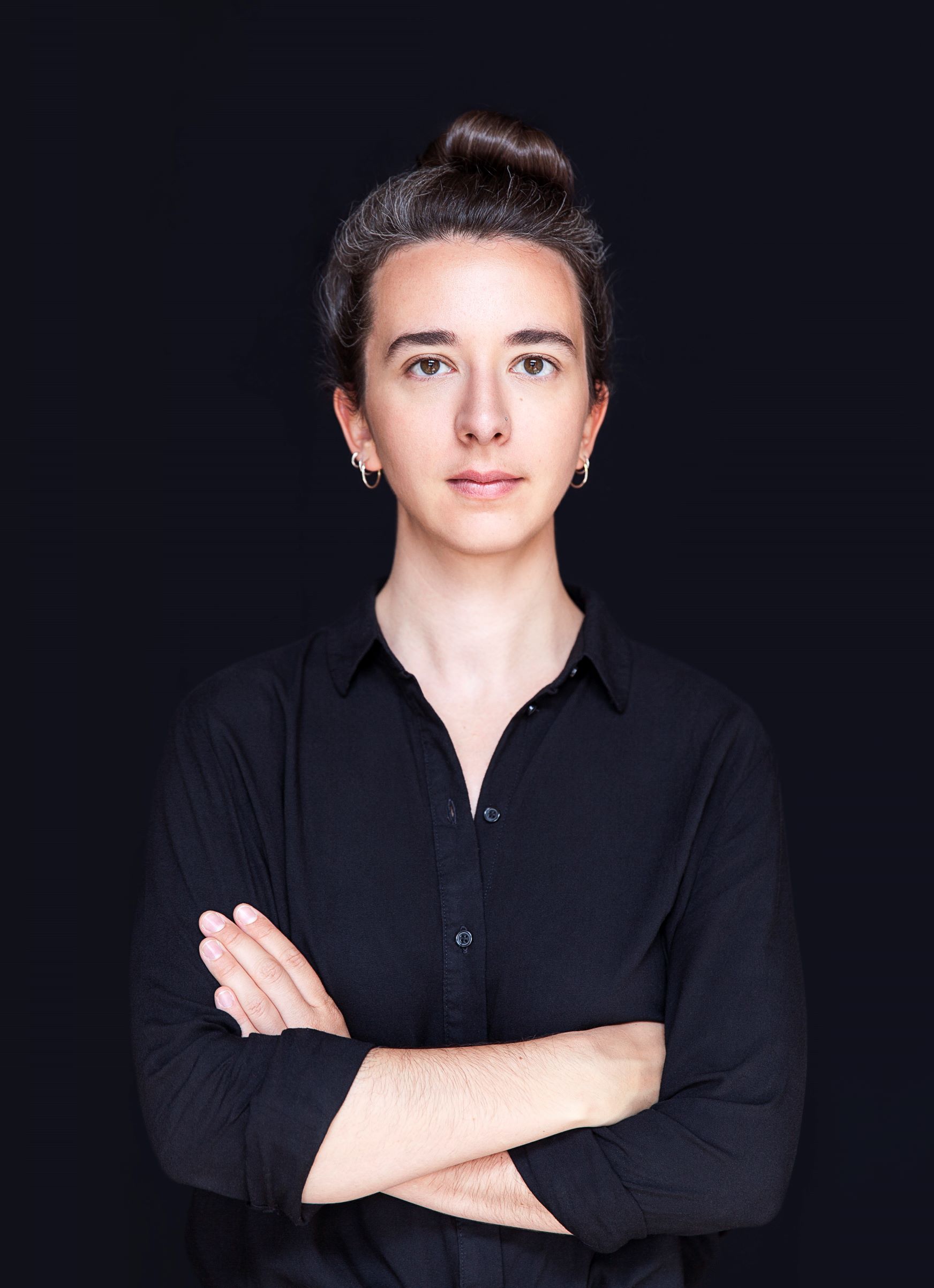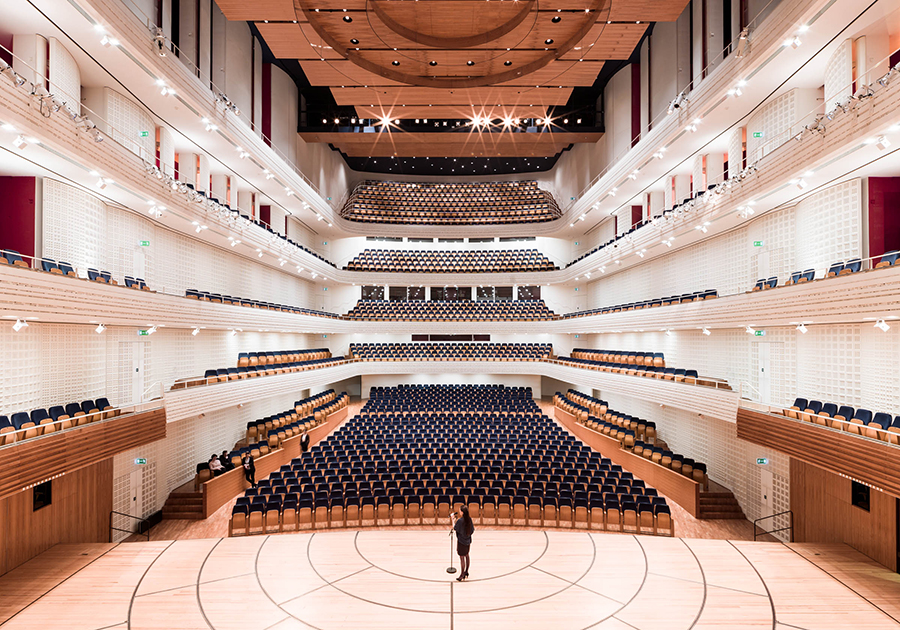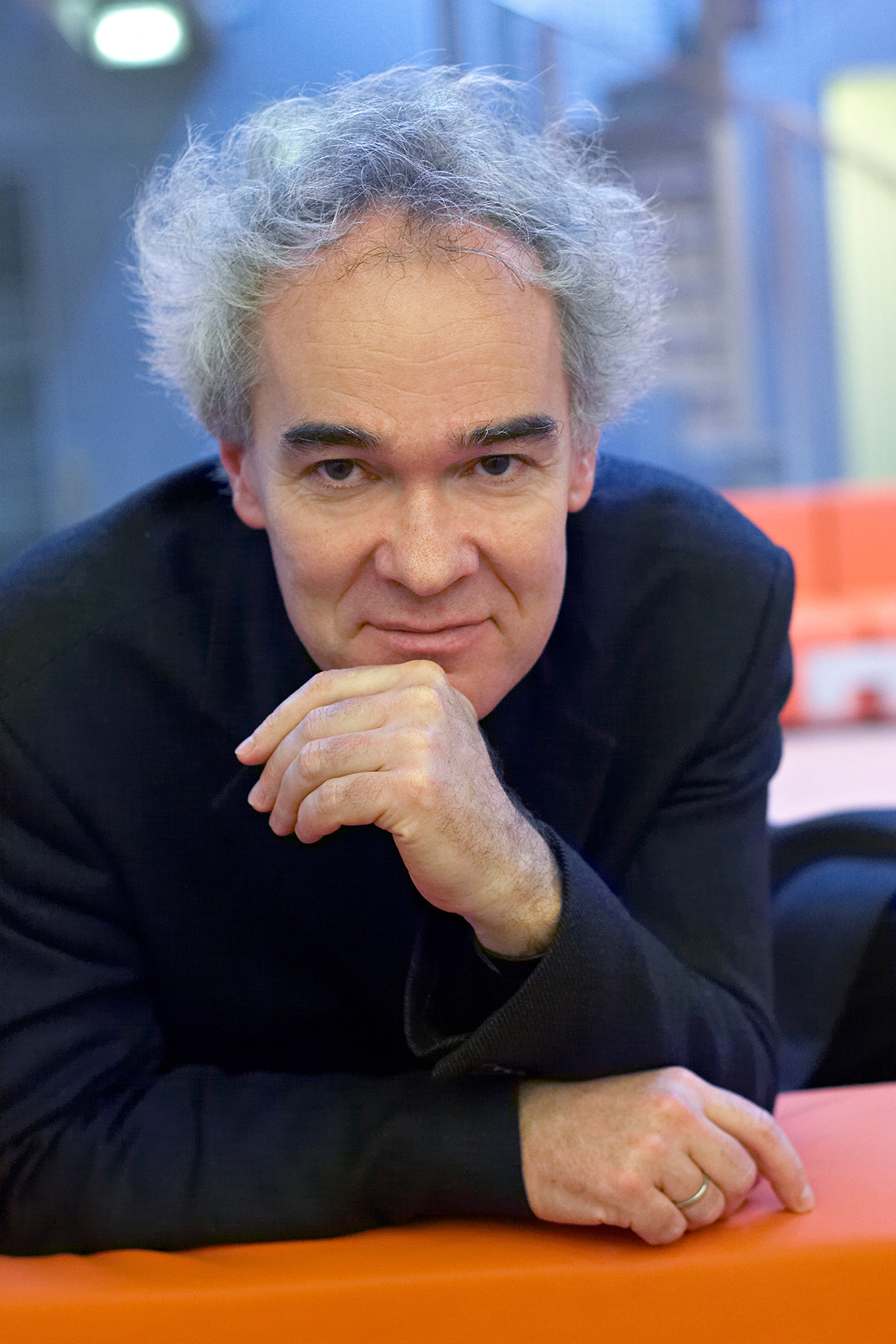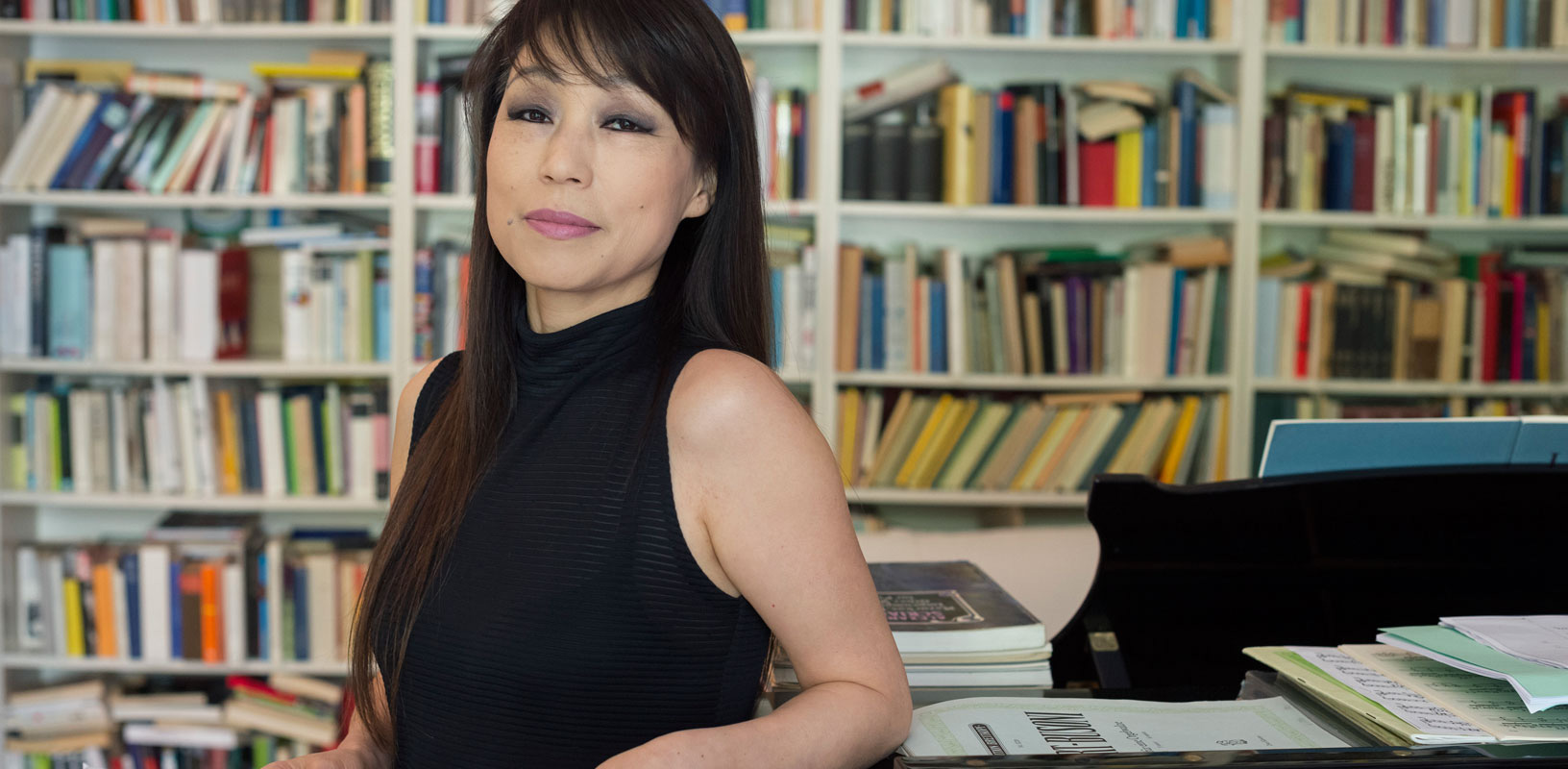Jaronas Scheurer
The Lucerne Festival Forward has taken place in Lucerne from November 18 to 20, 2022. Alongside big international names such as Anna Thorvaldsdottir, Patricia Kopatchinskaja and Tito Muñoz, the programme also included the collective intervention A Clean End to end the festival.

During an interview, Lucerne composer and musician Urban Mäder described himself as an expert on all kinds of cleaning machines – and there is a good reason for that. Because for the closing of this year’s Lucerne Festival Forward (LFF), for once it is not the musicians of the Lucerne Festival Contemporary Orchestra (LFCO) who are in the spotlight, but, among others, KKL’s cleaning staff and their various types of hoovers, mops and cleaning machines.
Urban Mäder and Peter Allamand: sound installation ‘Balgerei’ at the festival Alpentöne, Altdorf 2015.
Researching at 6 o’clock in the morning
After LFF’s first edition last year and the performance of Ricefall by Michael Pisaro by 49 amatuers, another participative action took place this year: A Clean End. The action is called a collective intervention and its driving forces are Urban Mäder, Nora Vetter, Pia Matthes and Peter Allamand. The intervention took place as closing event of the last concert.
But what is there to do at the end of a festival or a concert? Well, cleaning, so that the whole thing has “a clean end”. This was the premise on which the four artists based their work and dealt intensively with the used cleaning equipment. After every KKL concert, a fifteen people strong cleaning team from Vebego arrives at 6 AM on the following morning and cleans each and every corner of the place, concert hall, foyer, toilets and the numerous rooms. They do not use buckets and brooms, however, but various ultra-modern cleaning machines, which Mäder, Vetter, Matthes and Allamand studied intensively, examining exactly the different sounds they could generate, as Urban Mäder reports. They even went to the KKL at 6 o’clock in the morning to watch the Vebego team at work. Their research and work eventually gave birth to a composition for a group of amateurs who responded to a call from LFF to become the actual A Clean End performers.

The team behind A Clean End
A Clean End is an initiative by Lucerne composer and improvisation teacher Urban Mäder; violist, composer and performer Nora Vetter; artist and scenographer Pia Matthes, who has a strong bond with sound art and Urban Mäder’s long-time collaborator Peter Allamand. Each of the four artists brought in a different perspective, says Nora Vetter in conversation. Urban Mäder has his very own language and a huge experience in this field, Pia Matthes has a good feeling for dramaturgy and, as a trained product designer, an eye for visuals, Peter Allamand knows very well how things work and takes great pleasure in trying things out and fiddling around. For example, he brought a leaf blower to a meeting of the four so that they could try out directly in the café where they met how such things sounds and works. As for herself, Nora Vetter explains that, in addition to the focus on the sound and compositional aspects which she shares with Urban Mäder, the political dimension in this work has been of great importance. Thus, she says, it was important for the actual cleaning staff to appear. As a result, fourteen of the fifteen employed cleaners were actually featured and while the musicians on stage come from all over the world and are rightly celebrated for their performances, the cleaning staff, who are often migrants, usually remain hidden. Furthermore, the cliché is attached to this occupation that the cleaners unfortunately have no other choice. “But,” says Nora Vetter, “at the end of the day, both making music and cleaning are work tasks and both are equally necessary for a festival like the LFF to happen.”
Nora Vetter: ‘Dream Paralysis’, latenz ensemble, Zürich 2021.
To be taken seriously
To be taken seriously are perhaps the keywords that can be used to summarise the various concerns behind the collective intervention A Clean End. Both the people who do the important but invisible work of cleaning and tidying up, as well as the sonic, even musical potential of the cleaning equipment are to be taken seriously.

The initiative’s aim is not to put on a funny show, but to take the sonic possibilities of the cleaning activity and the cleaning equipment seriously, says Urban Mäder. Their intervention is based on a clear musical idea, which is comparable to classical compositions. “When you compose for the orchestra, over time you get to know the woodwinds, the brass, the percussion instruments and so on. Now we know about all the cleaning machines and how they sound.” And above all – the audience finally sees the people who make sure that the KKL presents itself clean, tidy and in impeccable at every concert and can thank these mostly invisible people with the applause they deserve.
Jaronas Scheurer
Trailer of the intervention “A clean End” from Urban Mäder, Nora Vetter, Peter Allamand and Pia Matthes. Lucerne Festival Forward, November 20 2022, KKL Luzern.
The Lucerne Festival Forward took place from November 18 to 20 in Lucerne.
The collective intervention was premiered at the final concert on the 20th of November in the concert hall of the KKL.
Beside Urban Mäder and Nora Vetter, Pia Matthes and Peter Allamand are part of the team behind A Clean End.
Neo-Profile:
Urban Mäder, Nora Vetter, Patricia Kopatchinskaja, Lucerne Festival Contemporary Orchestra



